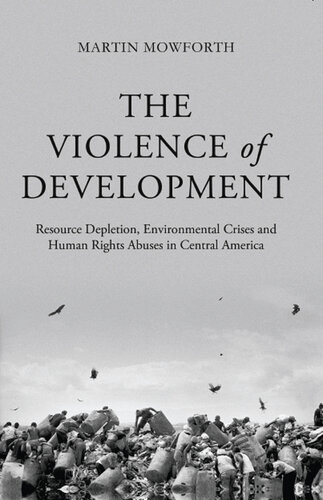

Most ebook files are in PDF format, so you can easily read them using various software such as Foxit Reader or directly on the Google Chrome browser.
Some ebook files are released by publishers in other formats such as .awz, .mobi, .epub, .fb2, etc. You may need to install specific software to read these formats on mobile/PC, such as Calibre.
Please read the tutorial at this link: https://ebookbell.com/faq
We offer FREE conversion to the popular formats you request; however, this may take some time. Therefore, right after payment, please email us, and we will try to provide the service as quickly as possible.
For some exceptional file formats or broken links (if any), please refrain from opening any disputes. Instead, email us first, and we will try to assist within a maximum of 6 hours.
EbookBell Team

4.7
86 reviewsMartin Mowforth shows how development is predicated on force and systematic violence, with which the world's most powerful governments, financial institutions and companies punish the global south through economic gangsterism.
Crucially, the analysis in The Violence of Development comes from many development project case studies and over sixty interviews with a range of people in Central America, including nuns, politicians, NGO representatives, trade unionists, indigenous leaders and human rights defenders. This book is a compelling synthesis of first-hand research and development theory.
Reviews
'Distinctively emphasises the violent and destructive effects of the development policies that have been implemented in Central America' -- Linda Holland, Director of The Institute for Central American Studies (ICAS)
'Distinctively emphasises the violent and destructive effects of the development policies that have been implemented in Central America'
About the Author
Martin Mowforth lecturers at the University of Plymouth in the UK and is the co-author of Tourism and Sustainability: Development, Globalisation and New Tourism in the Third World (2009) and Tourism and Responsibility: Perspectives from Latin America and the Caribbean (2008). He is editor of the newsletter of the Environmental Network for Central America (ENCA).